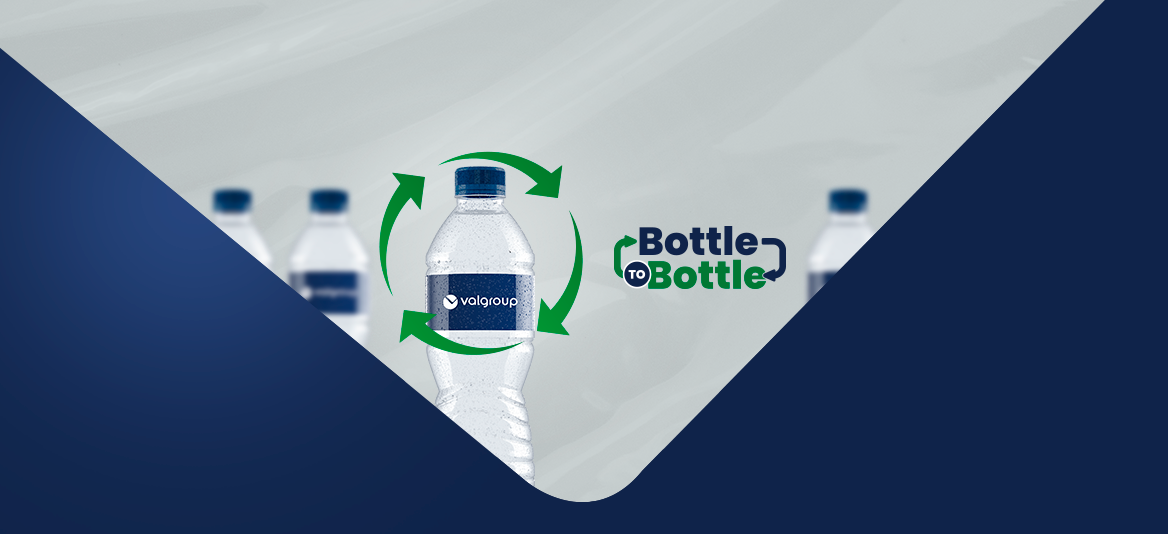
There are several classifications for recycling processes. Currently, the best known and most used is mechanical recycling.
In mechanical recycling, the plastic bottles go through label removal, followed by separation, grinding, and washing processes. The materials that come out of the recycler are known as flakes, which consist of chopped and washed material, ready for production of resin. The flakes are then sent to the resin production unit and there they are extruded and cut, generating the amorphous recycled resin. This resin undergoes polymerization in its solid stage and from this process, the recycled resin is produced.
Recycled resin can be used for various applications, such as production of new bottles, production of toys, kitchen, and bathroom items, etc. Currently, PCR (post-consumer recycled) resin, when certified, can be used in direct contact with food. There is no risk of contamination caused by use of resin. An example of the use of recycled resin in contact with food is its use in bottles, a process known as bottle-to-bottle, in which the bottles become new after the recycling process.
Valgroup has been a pioneer in the implementation of the bottle-to-bottle technology in Brazil. In 2008 Valgroup became the first company to obtain the homologation for the use of PET PCR resin for direct contact with food.
Their technology has been improved to provide customers with high quality PET PCR resin to enable its use up to 100%, with no drop in performance in the transformation process.






